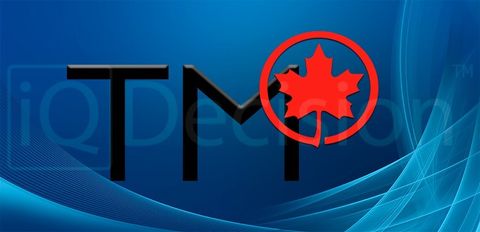Brand protection is no trifling matter, and as such, should be approached very responsibly. What should be kept in mind here is that each jurisdiction has its own requirements & regulations regarding registration of trademarks. So, let’s try to study the matter indepth by analyzing the key aspects of trademark regulation in Canada.
Registering a TM in Canada
According to local legislation, anyone can register a trademark in Canada. The Law on Trademarks defines a trademark as a mark or a combination of marks that are used to distinguish goods or services provided by one company from the goods or services provided by another company. If you intend to start a business in Canada & are thinking about registering your own trademark, you can use:
- word;
- personal name;
- design;
- numeral;
- colour;
- shaped element;
- 3D shape;
- hologram;
- moving image;
- sound;
- smell;
- taste;
- texture.
If you are interested in the regulation of unregistered trademarks in Canada, you should keep in mind that such brands are protected by common law. As far as well-known foreign trademarks are concerned, there are no special rights or remedies granted to the owners of such brands.
An application for brand registration in Canada should include:
- a statement on ordinary commercial terms of the specific goods or services for which protection is sought; and
- a representation or description that clearly identifies the mark.
You can apply online. It usually takes from sixteen to eighteen months to have one’s application reviewed. Registration fee is not charged.
There is a two-month opposition period after the publication of the application. During this time, anyone may appeal against the application. As a rule, the grounds for objection are as follows:
- the application does not comply with the technical requirements of the Trademark Law;
- a mark is not subject to registration in accordance with the Trademark Law;
- the applicant is not a person authorized to register a TM in Canada under the Trademark Law;
- the mark is not distinctive; or
- the application was filed in bad faith.
Appealing a Rejected Application for TM Registration in Canada
A rejected application may be appealed in the Federal Court by presenting an affidavit in support of the appeal. The appeal will be examined by one judge of the Federal Court. A further appeal may be filed with the Federal Court of Appeals & the Supreme Court of Canada.
If you are interested in registering a trademark in the US or Canada, you should consider getting in touch with IQ Decision UK. You can sign up for a personal consultation TM regulation in Canada by filling out our online form.

















